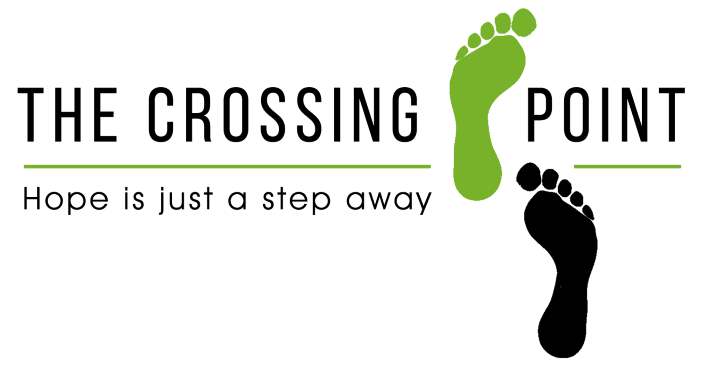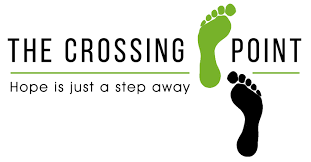Child Abuse
We have been made aware through the press and news coverage of cases of child abuse. The abuse of children is particularly abhorrent. It can be as much about a lack of love and affection and care as it can be about physical or sexual abuse and we list here some of the acts committed against children that constitute child abuse.
Support for children and young people:
SAVERA UK 0800 107 0726 (‘honour’ based abuse/harmful practices)
Domestic abuse – witnessing domestic abuse as a child is child abuse and teenagers can suffer domestic abuse in their relationships
Emotional (sometimes called psychological abuse) – put downs, name calling, shaming children, using children to get or give information to other parent. Emotional maltreatment can lead to serious harm and affect children in their development and as they grow up.
Intimidation – instilling fear through looks, actions, gestures, yelling, property destruction, being violent to other parent or pets etc. – bullying (including cyber bullying)
Using adult privilege – treating children as servants, denying input in visitation and custody decisions
Sexual abuse – being forced to or persuaded to take part in sexual activities, including on line. (It is beginning to be acknowledged that childhood sexual abuse happens far more frequently than most people believed, or previously wanted to believe. Around 65% of women that contact rape crisis centres are adult survivors of childhood sexual abuse).
Trafficking – children recruited, moved or transported and then exploited, forced to work or sold
FGM – the removal/part removal of external female genitalia for non-medical reasons
Neglect – when parents or carer-givers withhold basic needs – such as food, warmth, safety from harm etc.
Economic – squandering family money, withholding child support, using money to control behaviour, using children as an economic bargaining chip in divorce
Isolation – controlling access to peers/adults/siblings, other parent, grandparents
Threats – threatening abandonment, suicide, physical harm, or harm to other loved ones.
Harmful sexual behaviour – children and young people who develop this behaviour harm themselves and others
Grooming – children and young people targeted for emotional connection either on line or in person or in groups – either by/through someone they know or complete strangers – for the purpose of sexual abuse, sexual exploitation or trafficking

